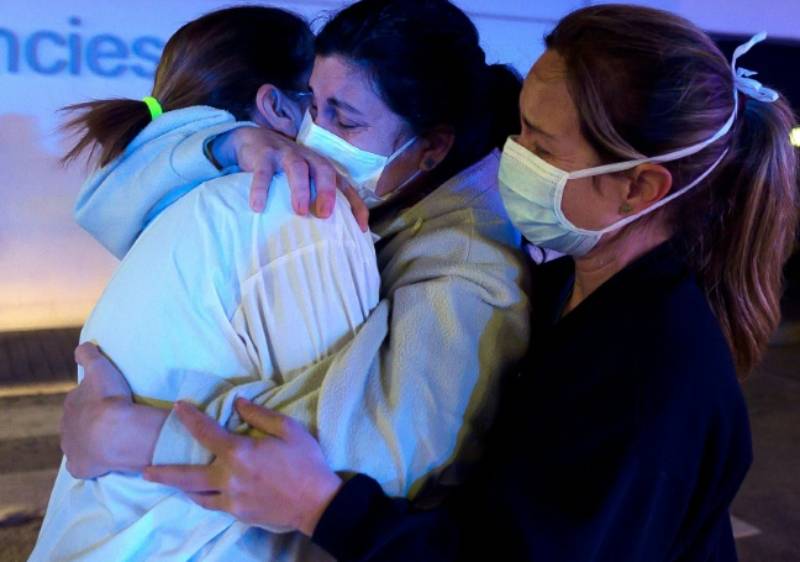×
The Standard e-Paper
Stay Informed, Even Offline

United States President Donald Trump asked his fellow citizens to prepare, like Europe, for "very, very painful" weeks in the face of the coronavirus pandemic, described by the UN as the worst crisis that humanity has faced since 1945.
After initially wiping out the risks for his country, Donald Trump warned his compatriots in a serious tone on Tuesday: "I want every American to be ready for the difficult days ahead." "It will be two very, very painful weeks."